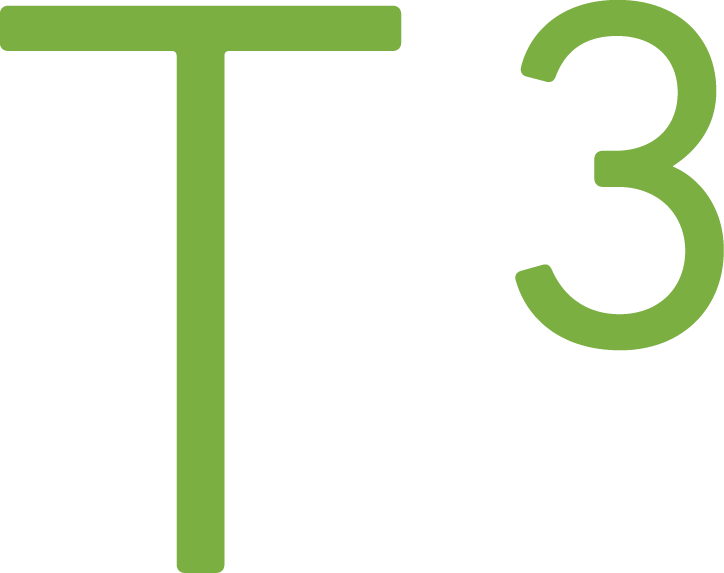How to select a client

As a freelancer or owner of an agency one of the biggest decision on a weekly or monthly basis is who do you want to work with. There are times when you can't afford to pick your clients. When you're in a good position, there are several things you can do to make sure that you get paid and maintain sanity by working with people that like to work with.
In each phase, there are different ways to gather information for deciding whether you should take the project or not.
First contact
When you receive an email from the potential client. First alarm signs can appear in the email if the person talks about money and not about the problem they want have solved. My wife is a (solo) business owner like me, and she sometimes receives emails that don't say anything else than "What does it cost". Very rarely those are potential clients. They are searching for the cheapest service and not focusing enough on the problem at hand. Those we have "filtered" by adding some clue about the price range.
Background check
After answering politely to the customer, it's time to review all the information publicly available.
- Any LinkedIn contacts that have worked/are working in the company
- If it's a business entity instead of individual, then you can make financial background check (at least in Finland)
- Search for news and discussions about the company
Searching for news/information is a valuable thing to do, not only for finding negative things that might have an effect on the deal but to understand the company and the field where the client operates.
If you find something that makes you concerned, you should write it down and talk about it when you meet the contact.
Depending on your process and if you have gathered enough information using email and phone you might send an initial proposal for the client.
Meeting
When you meet the person, it's really important to trust your hunch/gut feeling/intuition. It may sound unscientific, but there has been a lot of research about intuition and it's not some "magic" feeling.
I like how intuition is defined in the Wikipedia:
Intuitive decision-making can be described as the process by which information acquired through associated learning and stored in long-term memory is accessed unconsciously to form the basis of a judgment or decision.
You have probably met lots of people in your life and gathered experience working with them. There's nothing wrong if you can't describe why your "spider-sense" is tingling.
“There can be as much value in the blink of an eye as in months of rational analysis.”
― Malcolm Gladwell, Blink: The Power of Thinking Without Thinking
It's not only about the person, but overall atmosphere in the office. Depending on your contract, you might have to spend months in the client's office, and you deserve proper working environment to deliver maximum value.
Reflection
In the meeting itself you're so focused on being polite, professional, asking questions, etc. that it's hard to process all the information you receive. When you travel back home or your office and take a relaxed position on a comfy sofa, you can start to go through the information and think about the people you have just met.
- Was there something that the potential customer said, but only now you begin to understand what it means?
- Did you experience any unusual feelings (positive or negative) and you start to recognize what was the cause?
- What did you like? Was there something that you would change? Are those negative things something you can affect?
Now it's time to convert those thoughts into written questions and send them to the client. Once you have cleared all your doubts and feel good about the potential business relationship, you can start to send proposals and close the deal.
